My biggest pet peeve are the people who take dogs places they are not supposed to be and then try to pass them off as a “Service Dog”. You know those arrogant people who put a dog in a bag or tell you that his “service” is to help them stay calm. Then when confronted they get all indignant and start mouthing off about discrimination, that they’ll sue. All while making a scene to try and embarrass you into capitulation.
Then there are the sneaky ones who buy a vest or cape for their dog, that may or may not have a patch saying Service or Therapy Dog. These people have bought these things online, one guy in Welland gets $250 for a cape, patch and certificate, all in a Service Dog kit! They wave that certificate around like God and will smite everyone, mostly people back off…the dog is usually not obedience trained and misbehaves.
I’ve sat and watched many a restaurant server, host or owner tap dance around these situations and relent to having the dog there. I’ve watched them cringe as I walk in with Tonka, theres a look of fear that grips anyone when they don’t know what to do!
Therein lies the problem! Why don’t they know what to do?
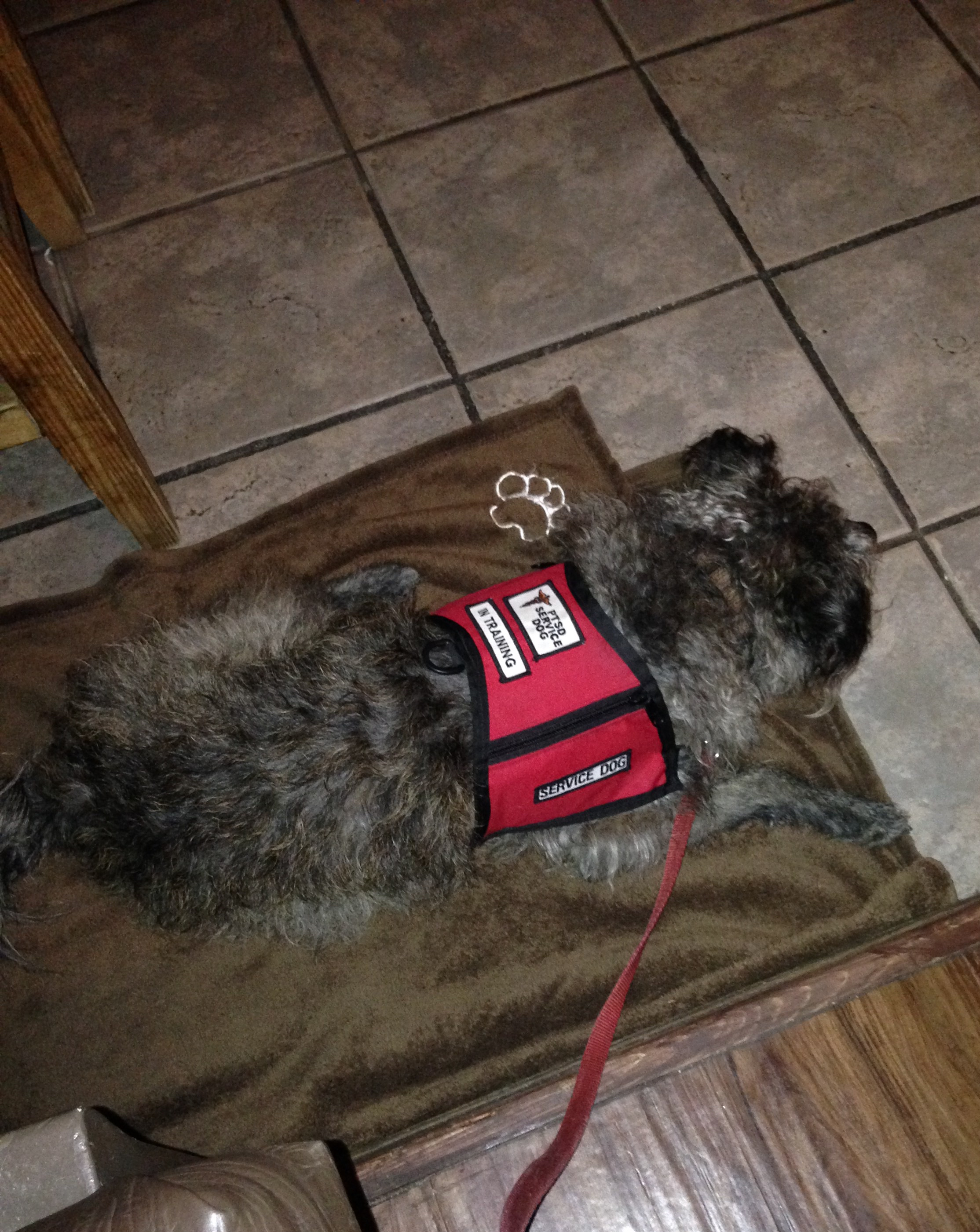
Local restaurant for lunch.
The answer is simple…the vast majority of people “think” they know the Law. After all, theres the sign with a guy in a wheelchair and ramps, white canes and braille for blind people, push buttons and don’t touch, talk or look at Service Dogs, right? It’s that attitude, right there…the one that justifies not doing something because we want to do something more important… we know about ramps and stuff, so…lets go fishing, the boss will tell us if we need to know something. Trouble is it was the boss taking them out in his boat!
These challenge situations rarely work out well and usually both parties get hurt, all from a lack of knowledge. Had they only known! And then that feeling of dread strikes…what if I’m wrong? What happens now? Oh my God!!!
If you’ve gotten this far then I’m sure you can relate to some of what I’m speaking of, from either side of the fence. If you can’t…you’re a blockhead!
Obedience training school when Tonka was about 9 months.
The answer is simple, people just haven’t learned and they don’t see the need too. They know what a “handicap” is, they like Sick Kid’s FaceBook page, give at Christmas and know who “Tiny Tim” is! This apathetic attitude led to a Human Rights discrimination case in regards to a person with a disability. This case against the Province added to a new reality created by hospital and mental health institutions closures…as more people with a disability were forced to live in “mainstream” society, the infrastructure to support them was not there, this forced the Government of Ontario to act.
It is against the Ontario Human Rights Code, Section 10, to discriminate against a person with a disability. To put it simply it means that we are all equal and have the right to live independently, with respect and dignity while living a quality life filled with equal opportunities! After a study done during the mid-late 90’s on what needed to be done, the Ontario Disability Act (ODA) was passed in 2001 detailing what had to be done to make everyone equal under the Human Rights Code, this in turn produced the Accessibility for Ontarian’s with Disabilities Act (AODA) in 2005, which details how the people, business and municipalities of Ontario will do that. The AODA includes 5 Standards of regulations that must be implemented before 2025 with the goal of making Ontario fully accessible to everyone. It gives timelines, guidance, resources, free training, it pretty much begs you to use it…and yet…situations like the following keep happening for no good reason.
The very first standard, The Customer Service Standard and The General Requirements, implemented in 2008 state everyone must be trained. All employees, volunteers, people who make policy must be trained in the OHRC and the AODA…that covers everyone!
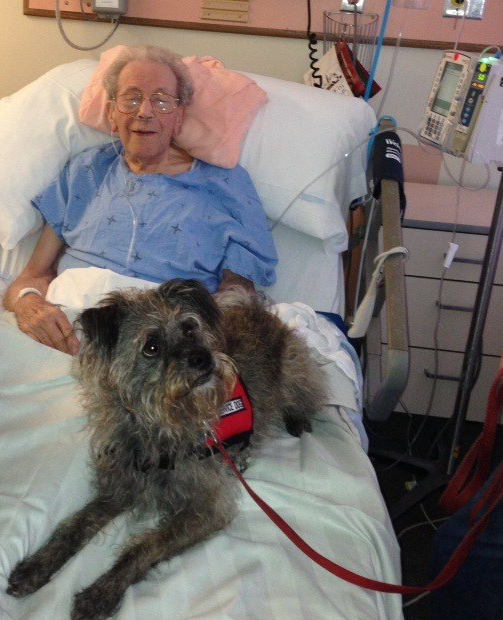
Staying with my father-in-law in Emergency.
When I was approached for some advice on a situation and subsequently found myself mediating, to a point, I had no idea what I was walking into. Lady X, a friend of my wife’s, has a Service Dog due to a disability…she proceeded to tell me how she had been treated at a restaurant in town. It would seem that somebody had complained about her dog. She was quite upset by the accusations that her Service Dog had “sniffed” someone or wandered or chewed cardboard it found on the floor, would I be a dear and talk to them about it. She had been there with her support group and now nobody wanted to go back. Funny though, she never mentioned having to leave and the thought never crossed my mind, I just assumed.
A few days later I went to said establishment. I asked for a business card and since I couldn’t see it, ask where the license was. Its a public document that must be displayed and will have the legal name of the business, not the company name, thats needed to file a complaint. I usually take a photo of it prior to discussions for obvious reasons. When questioned I explained that I wanted to speak with someone about the service dog incident. A few minutes later a gentleman came out to chat, Chef said that he’d been there that day and explained that the dog had crossed the aisle and sniffed someone, was pulling in all directions, wouldn’t lay down and was chewing cardboard it found on the floor. We left it at…the dog shouldn’t have been in there as it was not behaving and the owner was within their rights to ask her to leave. I said I’d call the owner later.
Now, how do I explain to Lady X that she needs to train her dog better. It needs more exercise as its young and bored, hence the moving around and chewing. And it must be obedient and show good behaviour.
Before I got to Lady X, I called the owner a few days later to explain that there was nothing to worry about. Sure I was willing to go down and talk with her…in a couple of hours because this had been bothering her…that should have red-flagged her right there but it didn’t.
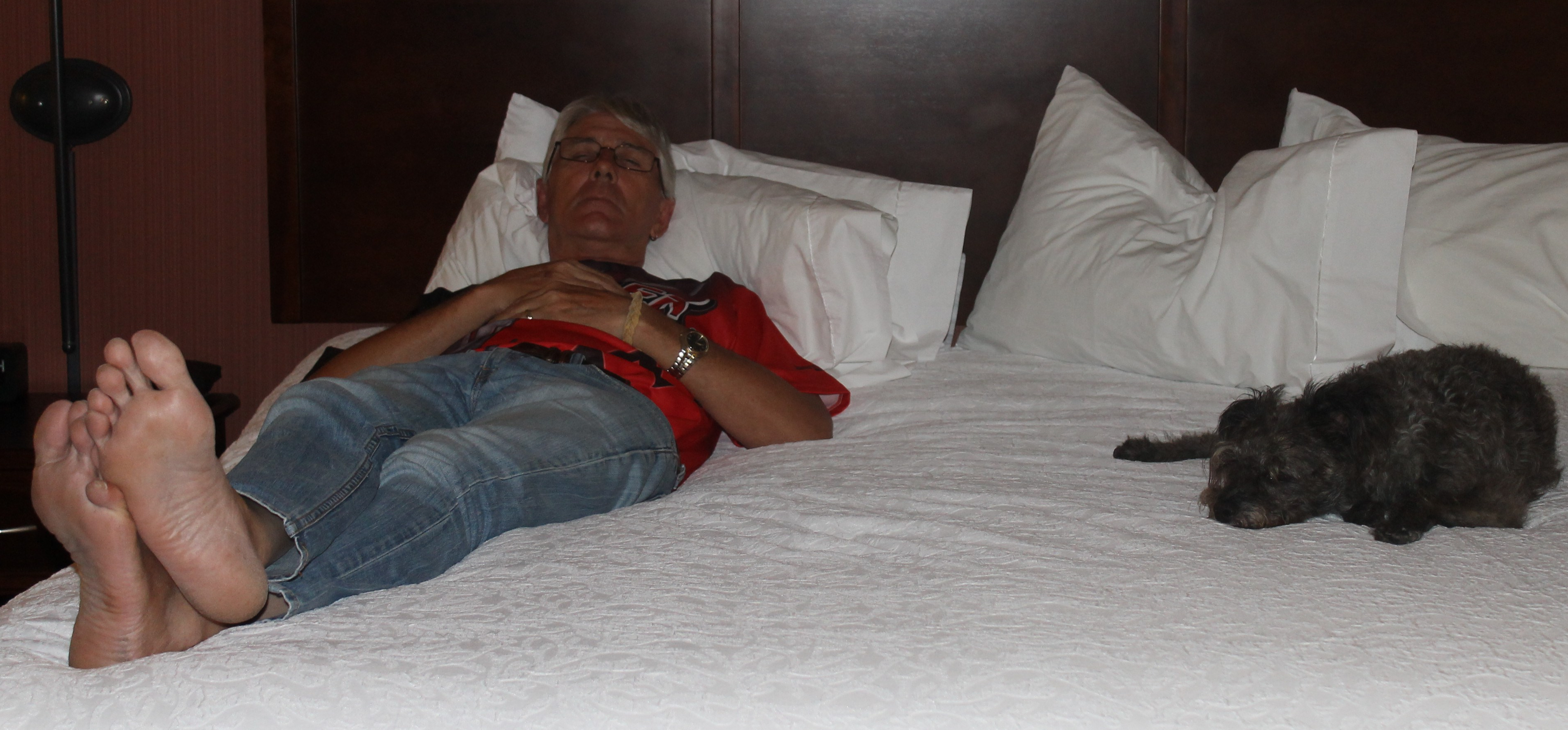
Travelling we don’t do “pet friendly”, he’s a working dog and well trained thank you!
Everyone was very cordial and I was given coffee, which I was immediately thankful that I paid for it rather than taking the free one offered. It would seem that someone had told her I was from the government! I told her that they were mistaken and that the chef had told me what happened. She looked at me and said, “don’t know why, he wasn’t here”. It would seem that this was not the first “incident” with this particular dog, there had been four different ones. And the “sniff” was actually a nose dive into a couple of women’s crotches! The wandering was when Lady X was getting her coffee, the dog pulled all over and someone had hot coffee spilt on them. The cardboard came from where it had been stuffed under tables to keep them level and there were crumbs everywhere. However, she was adamant that she did not ask her to leave, just control the dog, she knew about Service Dogs. There has been a St Bernard training as a Service Dog on our patio with the bicycle people…huh?
As we were talking she was becoming more and more agitated, the truth finally came out. The confrontation had been difficult for both, the end result…the dog was allowed in the restaurant BUT the owner was not welcome!
After she’d calmed down I quietly said, “Could I see your Service Dog policy?”
“My what?”
And there you have it…that is the moment that I realized nobody in the business had done any training as required by the AODA, General Requirements, Section 7: Training.
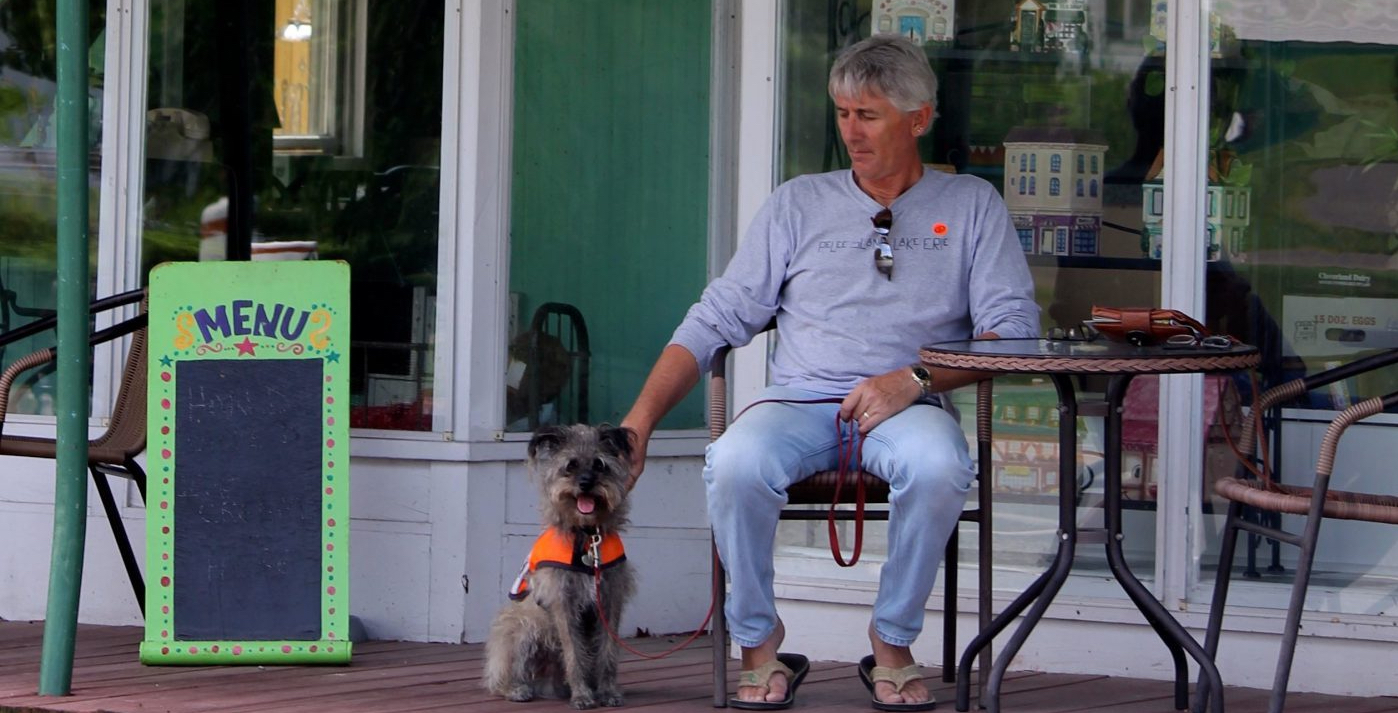
Vacation in Maryland, we had great meals out, saw the sights and was the only animal allowed on Ocean City Boardwalk because he’s a Service Dog.
Lady X knows that the letter of documentation she carries gives her the right to have a Service Dog with her and she also knows that the Human Rights Code gives her the right to train her own dog. She was right…however her dog needs more training!
The shop owner was also right that the dog should have been removed for misbehaviour, no arguments. She was right too…but she didn’t really know that. Had she done the training she and her staff would have known how to handle the situation, confident that they were doing the right thing. But that wasn’t the case…the Chef went on the internet and couldn’t find anything, the owner spoke with a lawyer friend, the owner worried for a week about me, if the health inspector would show up or a lawyer and what Lady X would do. She even managed to try intimidating me with revenue and political insinuations. The results…
- the Service Dog is allowed in for coffee as long as it behaves, however Lady X will have to wait at the curb.
- Lady X needs to train her dog better
- the owner needs to train herself and her employees
- damn, wonder if the even knows about the compliance reports? Not my Monkey, not my Circus!
Tonka was a star, laying on the floor during this whole debate/drama and finished with a short display of obedience that left them breathless. With the command of “Heel” I bid them good-bye and we left, job done and avoided.
Bottom line…if your dog is properly trained for obedience, you can go anywhere without much of a problem and remember, as I always preach, only the letter of documentation that you must carry makes your dog legal…never forget it. Buy a cape with a zippered pocket and put an extra copy in there, as well as your wallet.


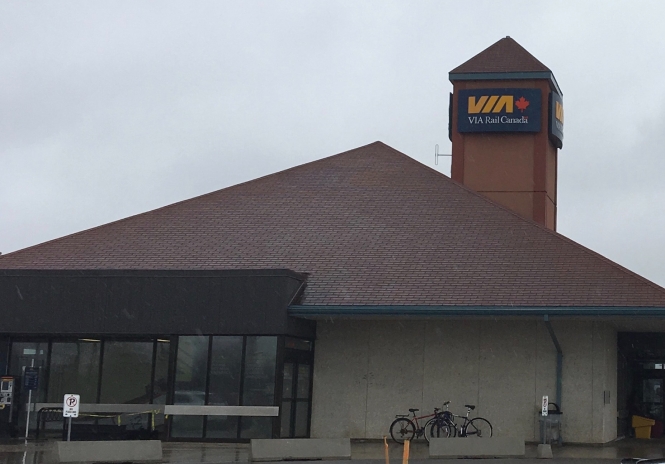
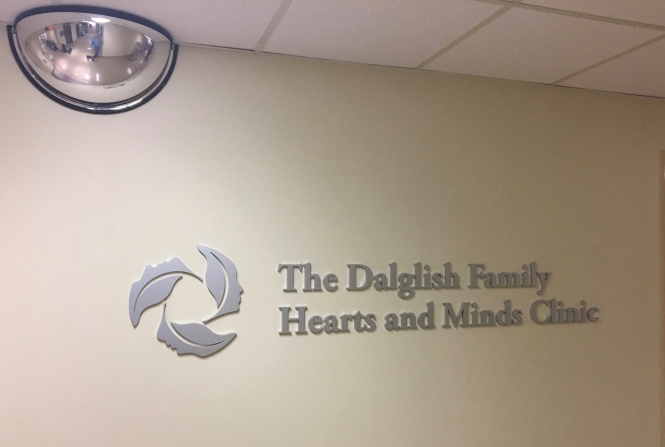

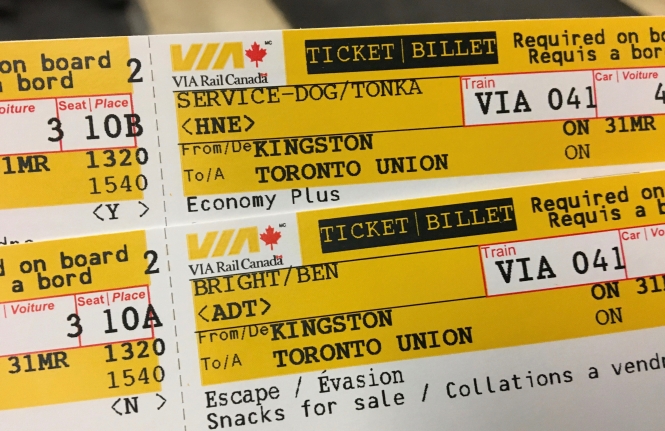
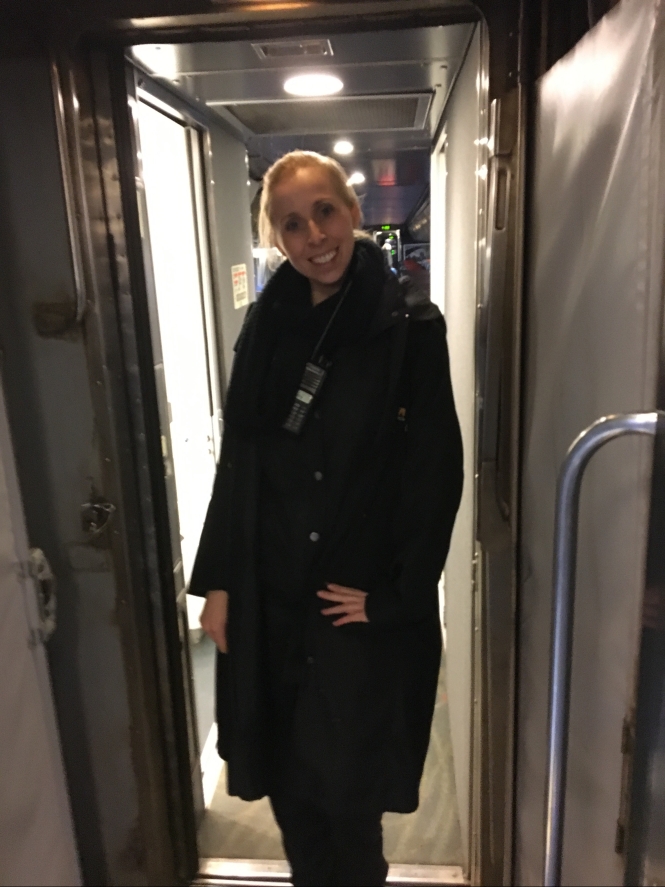
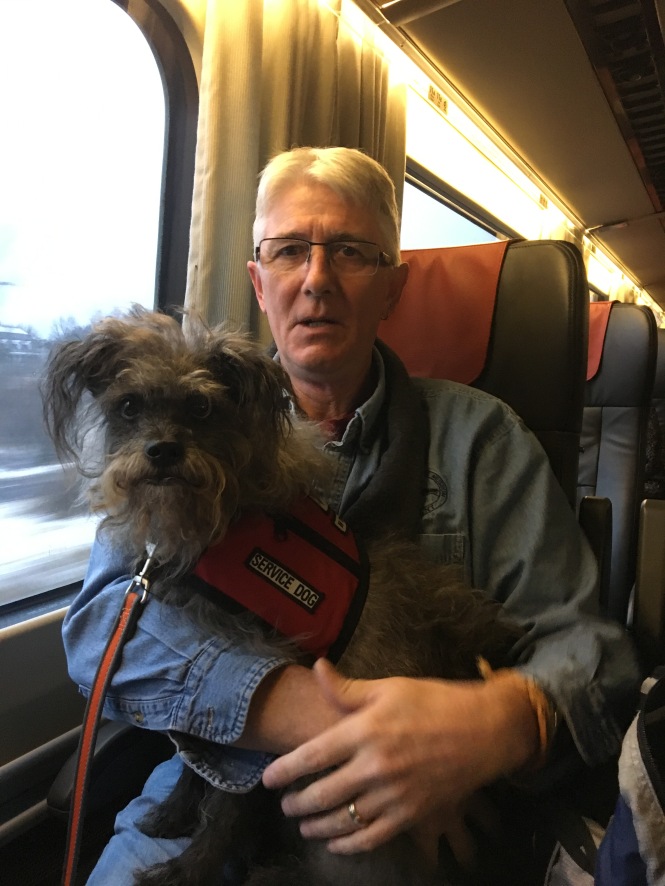
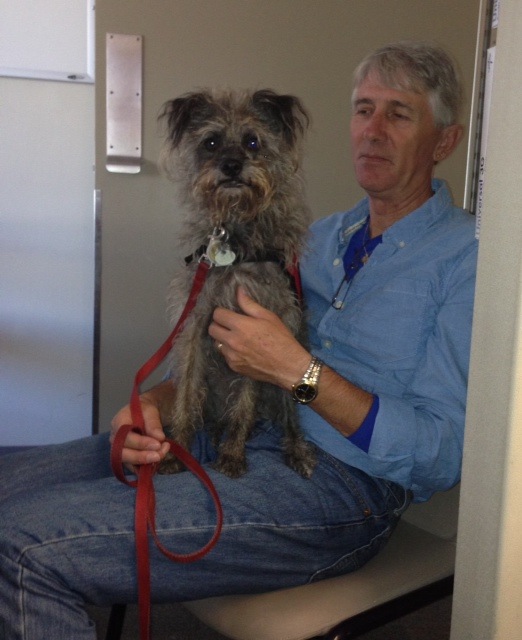


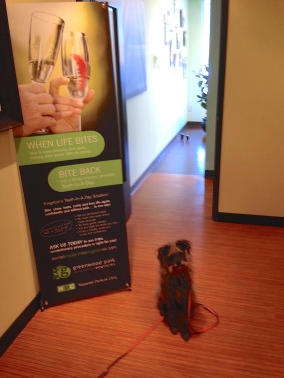 ppointments were made. Oh, yay!
ppointments were made. Oh, yay!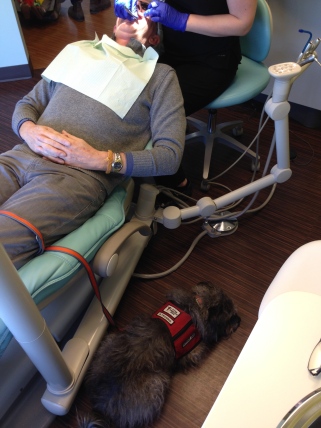 work with no more problems.
work with no more problems.